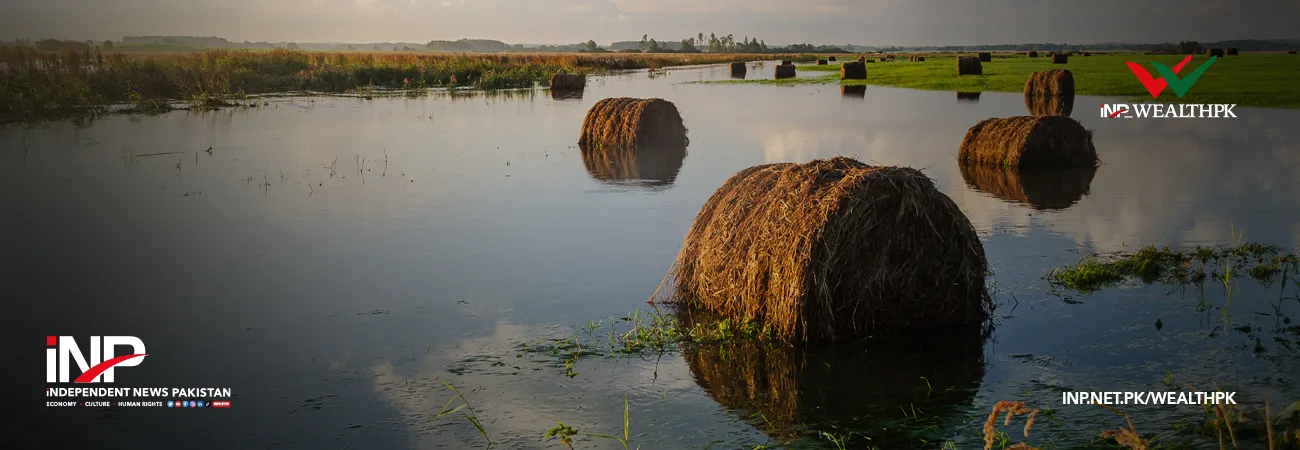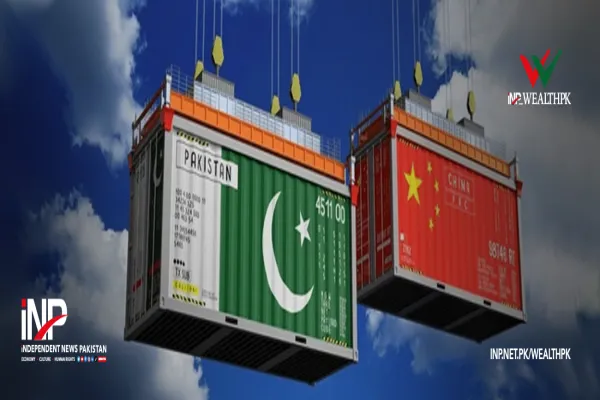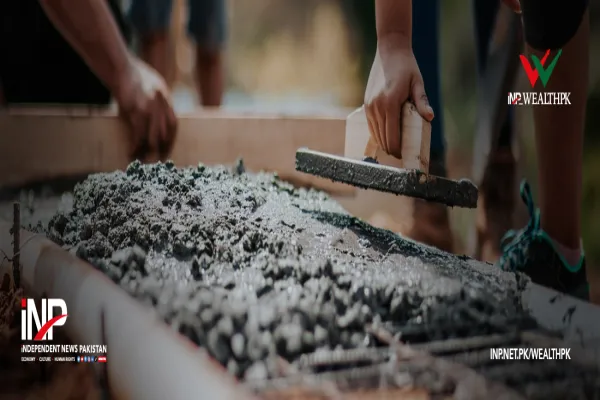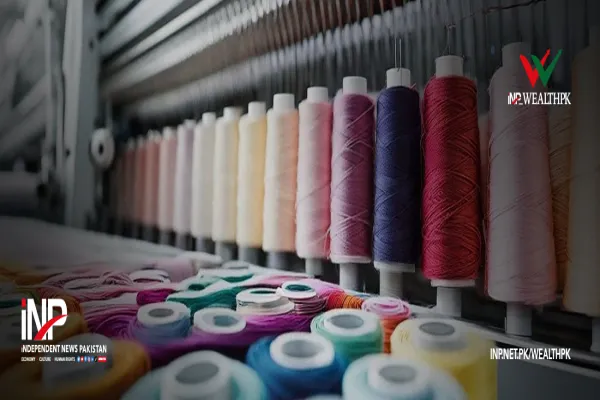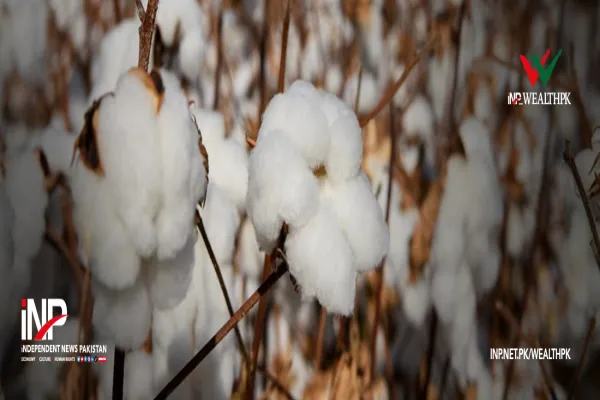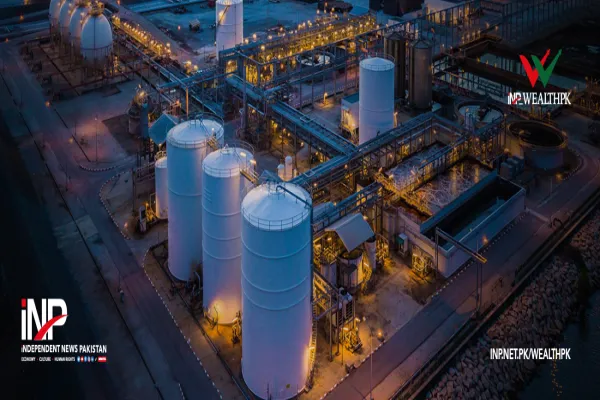i INP-WEALTHPK
Muhammad Saleem
The floods have exposed gaps in the country’s farm safety net, prompting calls for a national crop insurance policy to protect the interests of farmers. Ahtshamul Haq, a progressive farmer, told Wealth Pakistan that the recent floods devastated crops, homes, and livelihoods. He said national and international media have long been warning that climate change would severely hit Pakistan, stressing the urgent need for measures to protect the country, its people, and its resources.
Ahtsham said a national crop insurance policy could provide relief to farmers who lost everything in the floods. Dr Muhammad Ishfaq Javeed, former principal scientist at the Ayub Agricultural Research Institute, Faisalabad, talking to Wealth Pakistan, said that crop insurance was a must for the farmers. He said that the damage caused by floods was unprecedented, causing significant stress to farmers.
He recalled that the government tried crop insurance a few years ago, especially for cotton in South Punjab. “The good thing about this initiative was that farmers didn’t have to pay anything; they just had to sign up, and the government paid the insurance companies.” However, he said that this facility had been withdrawn due to reasons known to those in charge.
Dr Ishfaq explained that if crop insurance had been implemented across Punjab, farmers would not have faced such huge financial losses. “They worked hard, invested time and money, and now everything got destroyed in the floods.” “Because of climate change, floods and weather shocks will keep coming. The government must adopt a proactive strategy to protect farmers from natural disasters,” he suggested.
He said the government should launch insurance policies, and these should not be limited to just one crop. “They must cover all crops, including wheat, cotton, maize, and others.” “The government should also launch awareness campaigns so farmers know about measures that can protect them from calamities. Another big advantage for the government is that if crops are insured, the burden of compensation won’t fall fully on it as insurance companies will share the responsibility,” he added.
Sharing the plight of small farmers, Dr Ishfaq said that about 90% of Punjab’s farmers are smallholders, owning just 2-3 acres of land. Yet, most government policies, whether subsidies, loans, or tractor schemes, are designed for big farmers. Policymakers rarely extend the benefits of such policies to small farmers, leaving them excluded, he regretted.
For example, he said if the government provides a subsidy on tractors, small farmers can’t access it. “Yet they are the ones who need help the most.” Their crops also need insurance more urgently than large farmers, because a small farmer cannot survive a single-season loss, Dr Ishfaq added. “Crop insurance is essential, especially for small farmers, to survive amid climate change, which is hitting Pakistan harder and faster than ever,” he said.

Credit: INP-WealthPk


